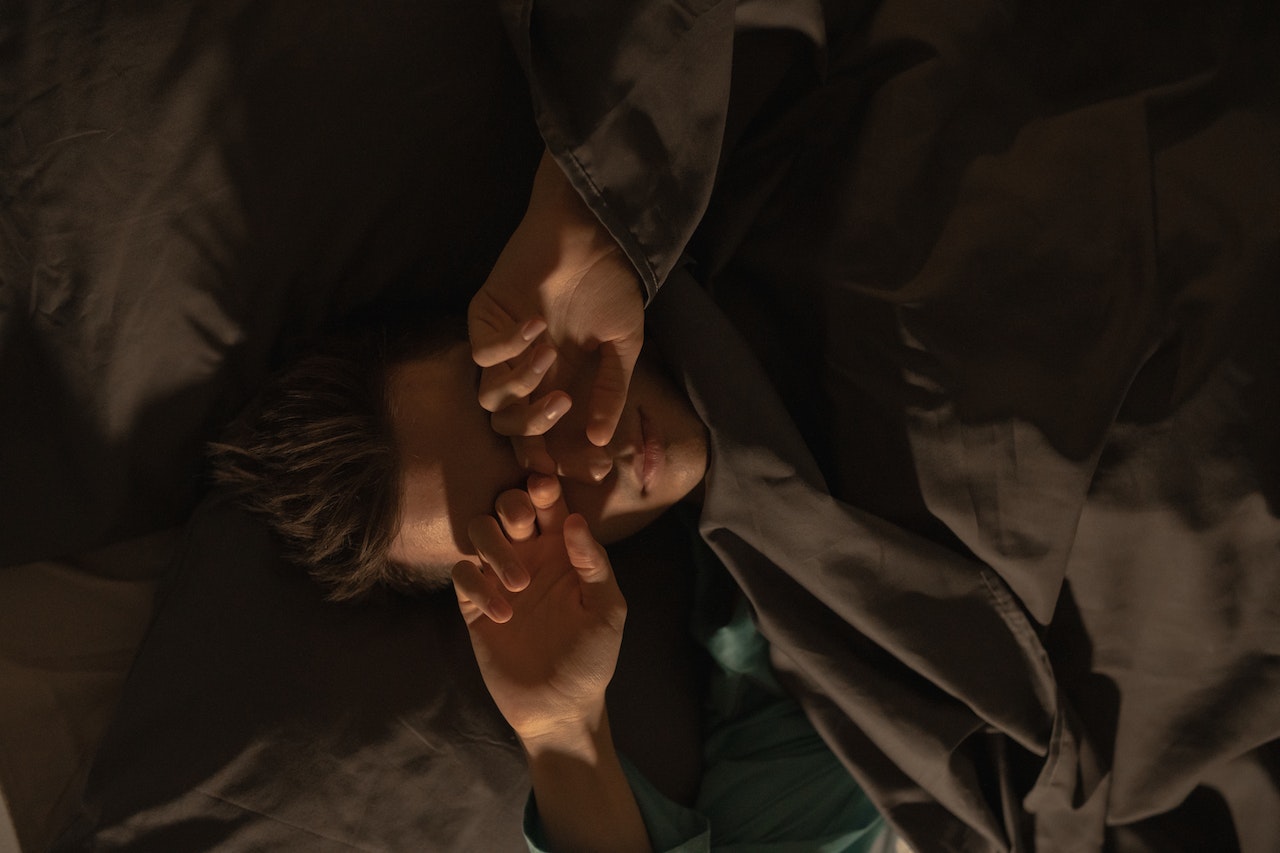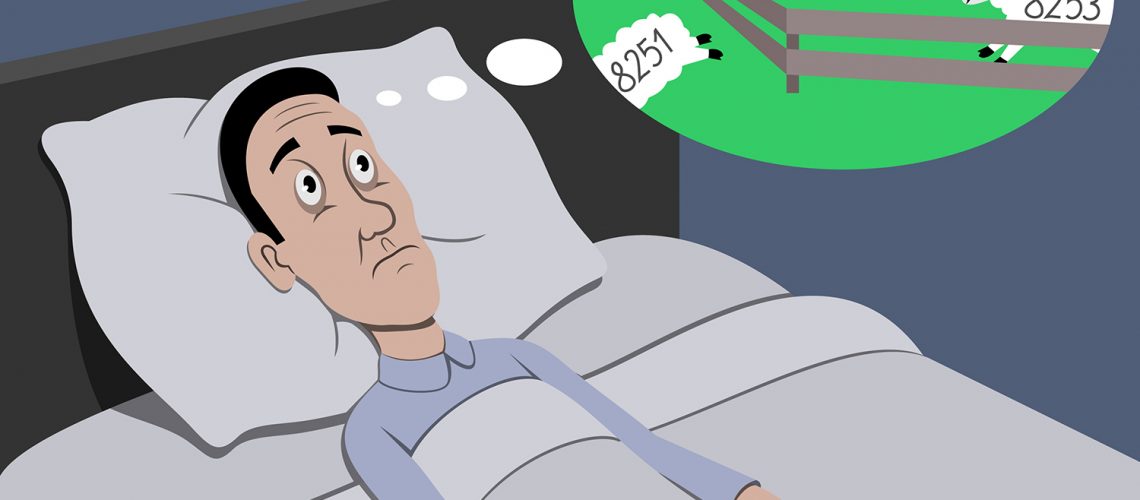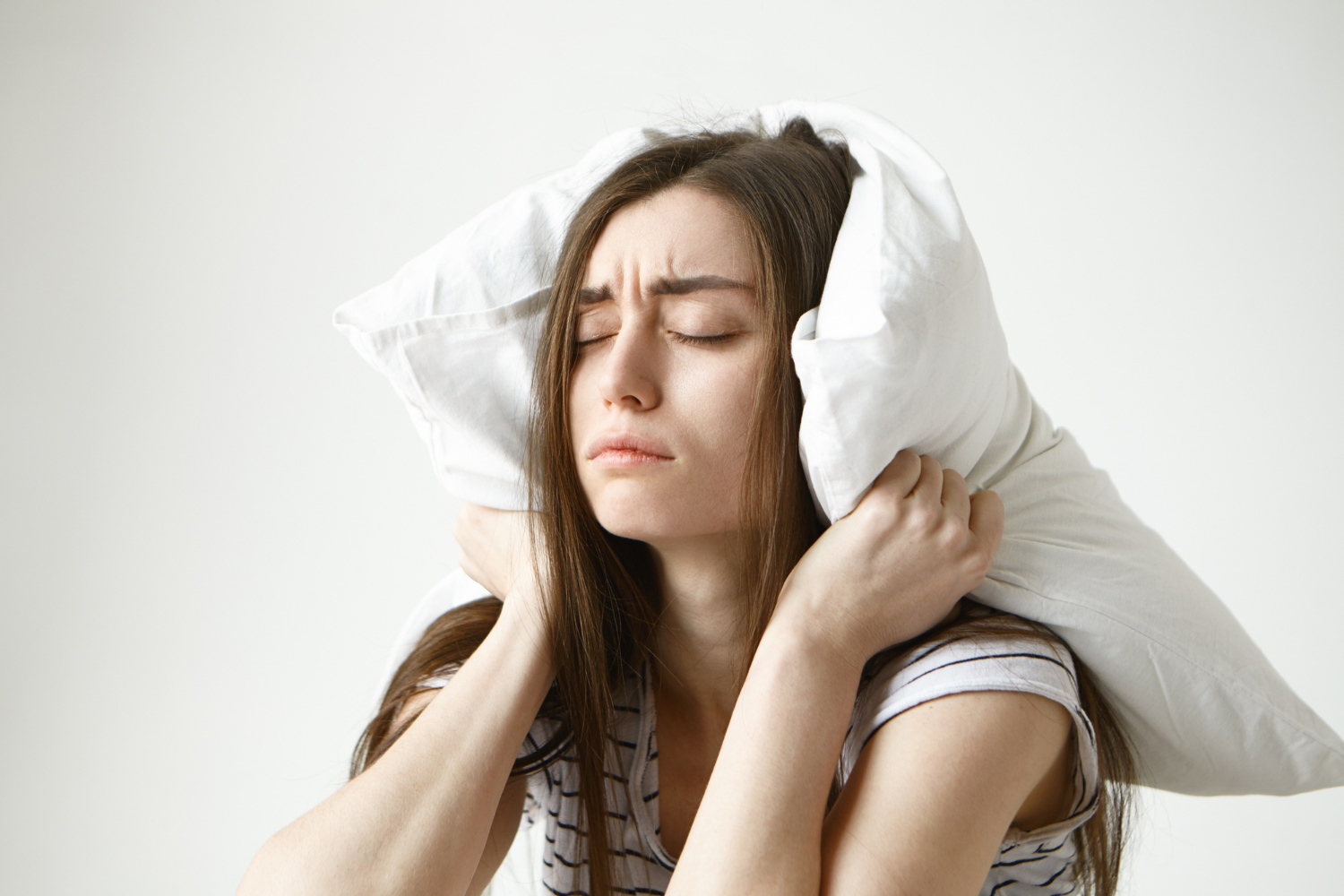Rebound Insomnia

If you’re like many people who have dealt with insomnia during their life, you may have been prescribed certain medications to help treat your condition. Unfortunately, many people who begin using prescription sleep aids to manage their insomnia become totally reliant on them and never develop useful strategies for handling their condition. Since most prescription drugs come with side effects – many of which worsen with time – it often becomes necessary to discontinue their use after a certain period of time. Drugs like Ambien and Lunesta, for example, might be used for a lengthy period of time and then stopped. When they are discontinued, a condition known as rebound insomnia may occur.
Although you may want to quit relying on prescription drugs for dealing with your insomnia, it is important to be aware of the possibility of rebound insomnia. You may want to quit taking a particular prescription medication because it is causing unpleasant side effects, or because you simply don’t want to be reliant on it anymore. This is definitely a smart move in many cases, but the potential for rebound insomnia cannot be overlooked. There are ways to manage, deal with and prepare for rebound insomnia; the key is being aware of how it might manifest itself. That way, you are not taken by surprise and are much likelier to achieve success in your goals regarding getting prescription drugs out of your life for good.
What is rebound insomnia?
During the period of time that you have taken a prescription medication to manage your insomnia, your symptoms may have largely vanished. Many insomnia sufferers begin sleeping more soundly and getting more regular sleep when taking certain medications. When the time comes to discontinue their use, though, rebound insomnia can occur. This situation occurs when the symptoms of insomnia return with a vengeance, throwing your life into disarray and making sleep more difficult than ever before. While experiencing rebound insomnia, you may find it more difficult than ever before to fall asleep; you may wake up more frequently than you have at any other time in your life. In other words, all of the positive effects of the medicine you’d been taking are completely reversed, and your life becomes quite miserable.
Why some sleep aids may cause rebound insomnia
Not all sleep aids cause rebound insomnia. The ones that do – including Ambien and Lunesta – tend to create intense reliance in the people who use them. In other words, people become dependent on the medications to fall asleep, and rebound insomnia is a natural consequence when the crutch is removed. Drugs like these do not actually cure the problem of insomnia, but tend to mask it and cover it up. When a person stops using the drug, he or she must learn how to fall asleep all over again – a huge part of the reason that rebound insomnia is so incredibly common. The danger and risk of rebound insomnia is much higher with prescription medications than with natural or herbal remedies, as well.
How to avoid rebound insomnia
If you are currently reliant upon a prescription medication for handling your insomnia and would like to avoid experiencing rebound insomnia, there are ways of doing so. For many people, it is imperative to develop and adhere to a strict waking and sleeping schedule. This means that you must wake up at the same time every single day – no sleeping in on the weekends, for example – and that you must retire for the night at the same time as well. You have a far lower chance of experiencing rebound insomnia when you implement a strict schedule for your sleep.
On top of a strict schedule, a huge majority of people find natural remedies to be tremendously beneficial in warding off rebound insomnia. There are many great products, but the ones that work the best include melatonin. Melatonin encourages a healthy sleep-wake cycle, and can counteract many of the effects of going off a prescription medication. That way, rebound insomnia can be warded off in a natural, healthy way. For help with determining which product is right for you, please refer to our comprehensive sleep aid reviews..



